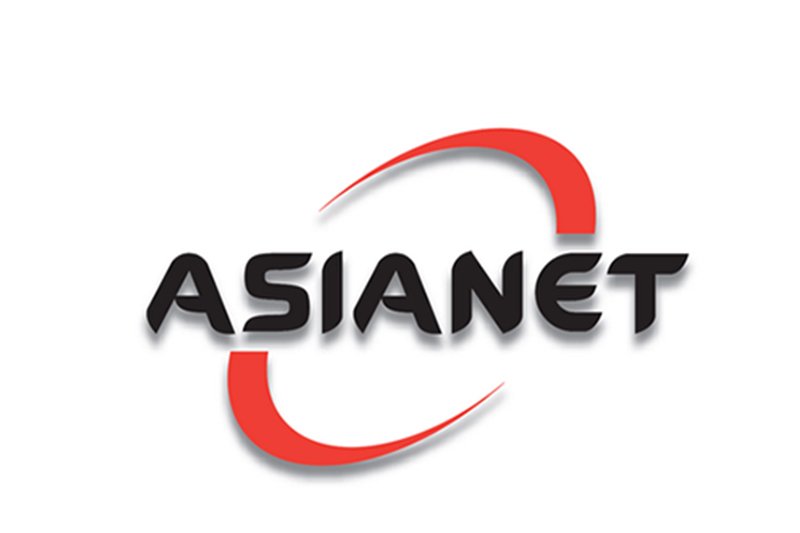The Impact of Browser Isolation Software on Internet Security in Africa
Exploring the Impact of Browser Isolation Software on Internet Security in Africa
The advent of the digital age has brought about a significant transformation in the way we conduct our daily activities, especially in the realm of internet usage. However, this digital revolution has also ushered in a new era of cyber threats, making internet security a paramount concern. In Africa, where internet usage is rapidly growing, the need for robust internet security measures is more pressing than ever. One such measure that is gaining traction is the use of browser isolation software.
Browser isolation software is a cybersecurity technology that separates a user’s browsing activity from their network and endpoints, thereby preventing any potential cyber threats from reaching the user’s device. This technology has been instrumental in enhancing internet security, particularly in Africa, where cyber threats have been on the rise.
The impact of browser isolation software on internet security in Africa is profound. Firstly, it has significantly reduced the risk of malware attacks. In Africa, where many users lack the technical know-how to protect themselves from such threats, browser isolation software has proven to be a game-changer. By isolating browsing activities from the network, it prevents malware from infiltrating the user’s device, thereby safeguarding their data.
Secondly, browser isolation software has helped curb the menace of phishing attacks. Phishing is a cybercrime where a user is tricked into revealing sensitive information, such as passwords and credit card numbers, under the guise of a legitimate request. With browser isolation software, even if a user falls for a phishing scam, the attacker cannot gain access to the user’s device or network, thus mitigating the potential damage.
Moreover, browser isolation software has also enhanced the privacy of internet users in Africa. In an era where data privacy is a major concern, this software ensures that users’ browsing activities are not tracked or monitored, thereby protecting their privacy. This is particularly important in Africa, where data privacy laws are still in their nascent stages.
However, the adoption of…



